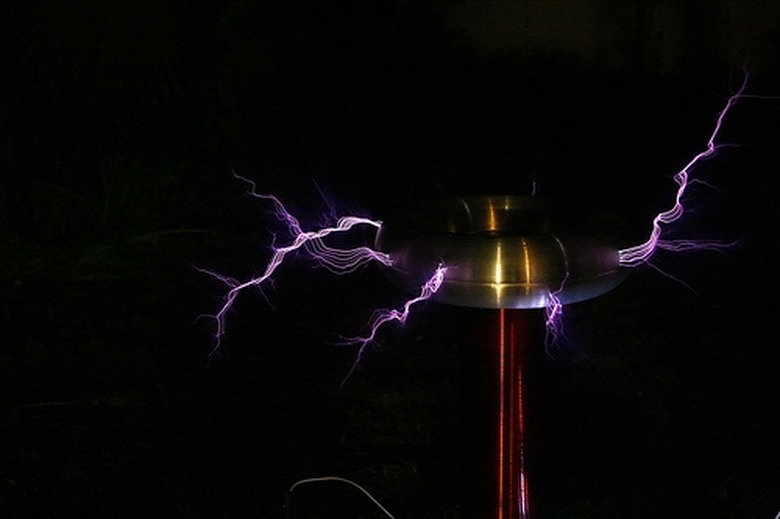List Of Conductors
A conductor refers to a material that contains electrical charges on its surface, allowing electricity to flow through it. Most often, these electrical charges are due to the presence of electrons. A material's degree of conductivity depends on the number of charge carriers present, the amount of charge being carried, and the mobility of the charge carriers. Generally, strong conductors are metals with loosely bound valence electrons that can move freely between atoms.
Silver
Silver
Silver is the strongest conductor out of all known materials. However, because silver is a relatively costly and sought-after material, it is not frequently used for its conductive properties. In cases where an extremely conductive material is essential, copper may be coated with a thin layer of liquid silver.
Copper
Copper
Copper is one of the most frequently used conductors due to its high conductivity combined with its relative abundance and low cost. Because it is also a ductile metal, it can be wound into coils and used to make wires. According to the European Copper Institute, copper is very resistant to corrosion, which also makes it ideal for home wiring.
Aluminum
Aluminum
Along with copper, aluminum is another frequently used conductor. While copper is more conductive, aluminum is more frequently used to make frying pans due to copper's reactivity with acidic foods. In February of 2011, Science Daily announced that aluminum was likely to replace copper in electric and semi-electric vehicles. Aluminum is less dense and cheaper than copper. However, this is still in debate because aluminum has less heat stability and the potential to corrode at a faster rate. It may need to be alloyed with another metal for certain applications.
Other Conducting Materials
Other Conducting Materials
In addition to the strong conductors listed above, other conductors include:
- gold
- iron
- steel
- brass
- bronze
- mercury
While materials generally fall into the category of being either a conductor or an insulator, some materials are both. According to ScienCentral, semiconductors are materials that are are mostly comprised of atoms that do not have free-moving electrons and therefore, they do not normally conduct electricity. However, some of their atoms do have free-moving electrons, which under certain circumstances, enables them to be conductive.
Cite This Article
MLA
Jersey, Catherine. "List Of Conductors" sciencing.com, https://www.sciencing.com/list-conductors-8716914/. 24 April 2017.
APA
Jersey, Catherine. (2017, April 24). List Of Conductors. sciencing.com. Retrieved from https://www.sciencing.com/list-conductors-8716914/
Chicago
Jersey, Catherine. List Of Conductors last modified March 24, 2022. https://www.sciencing.com/list-conductors-8716914/
